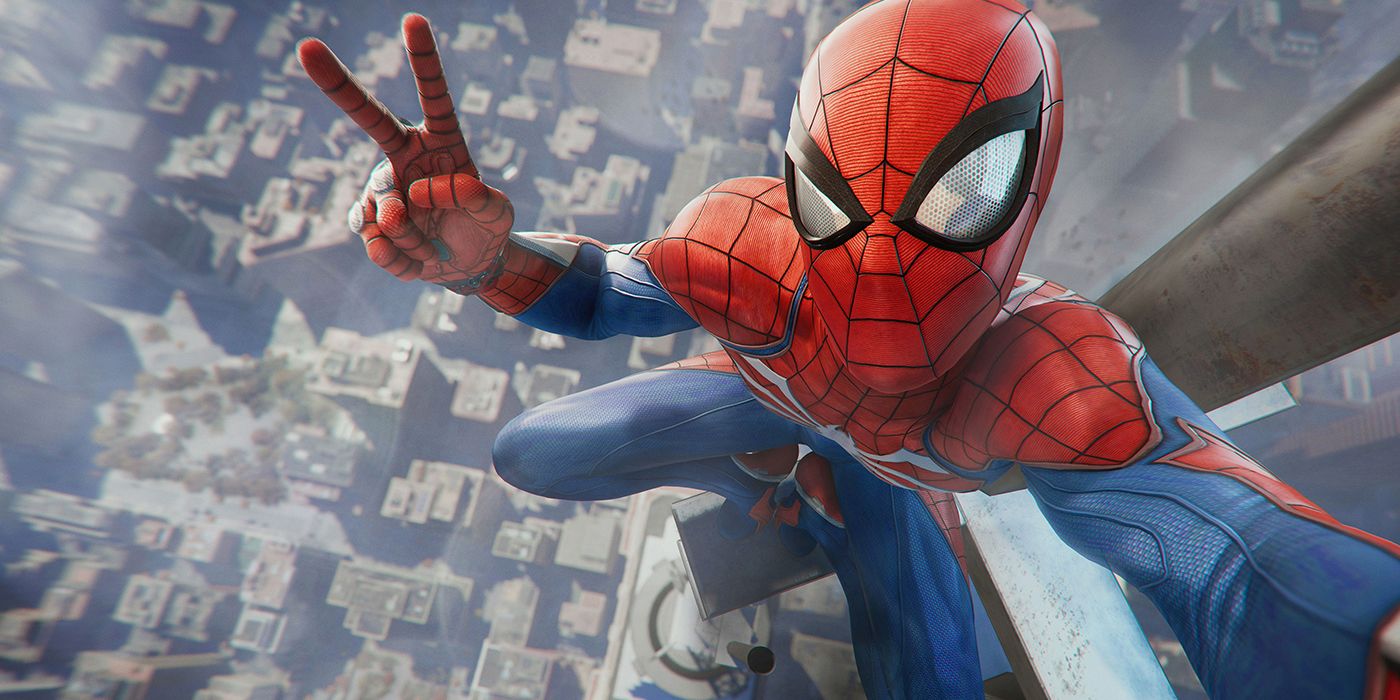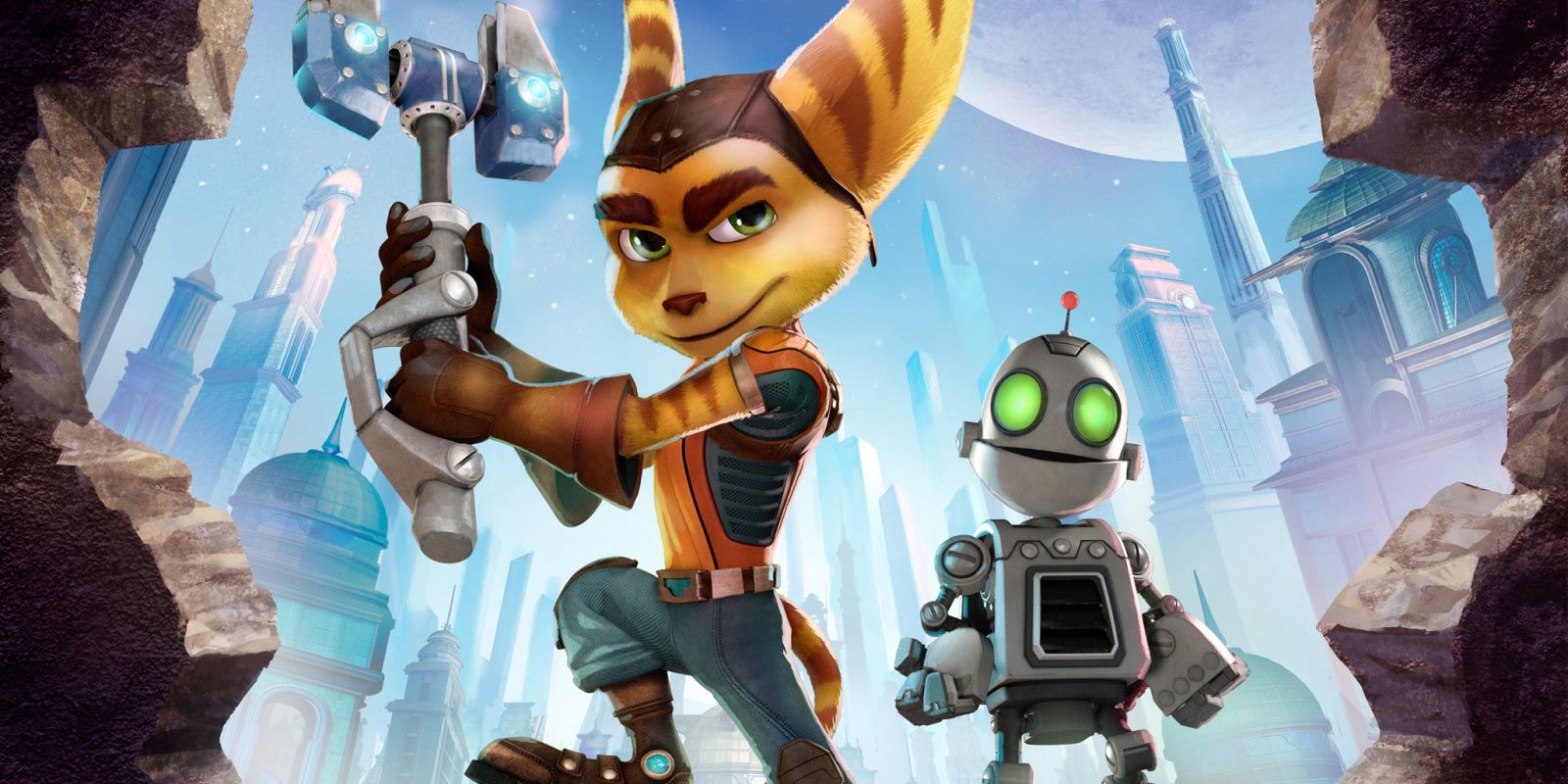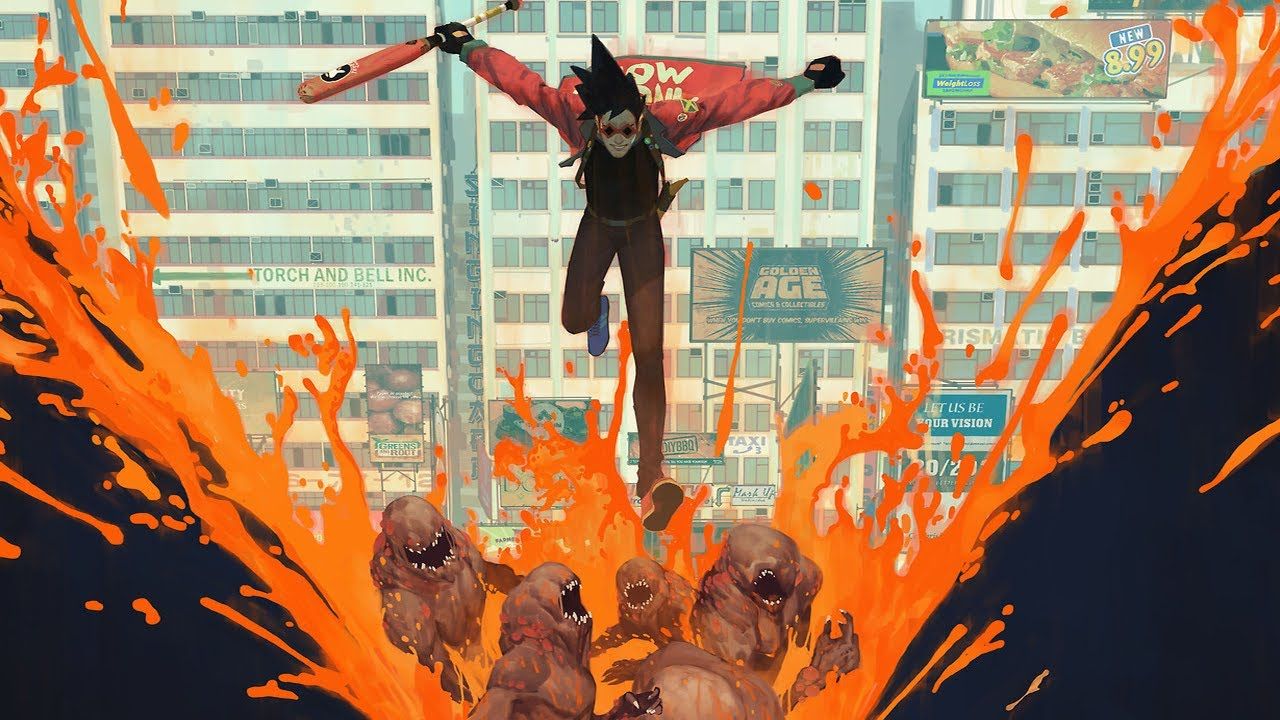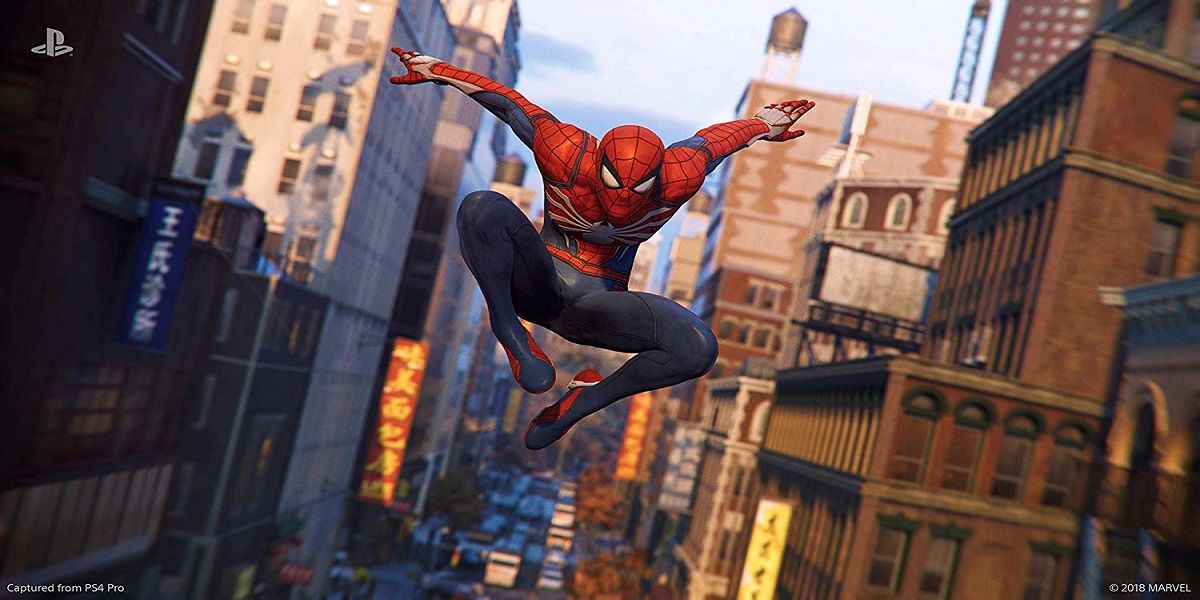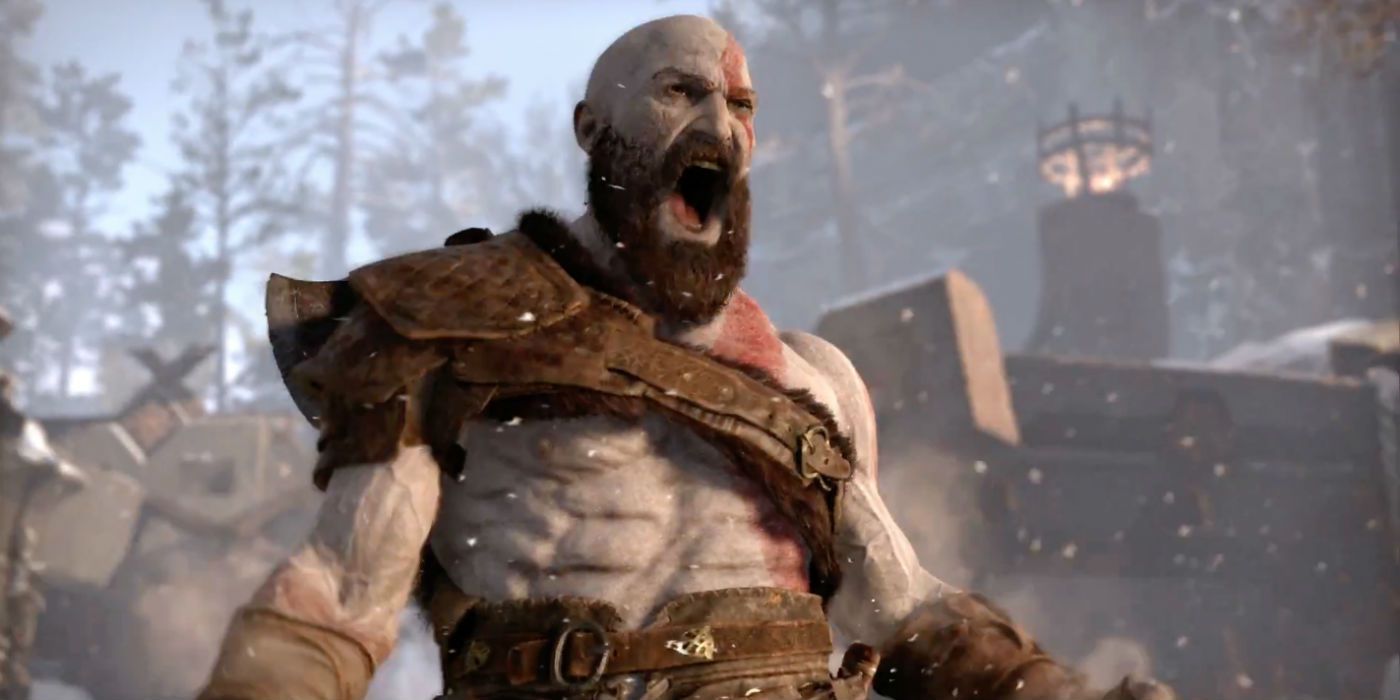Sony announced that it will acquire Insomniac Games, developer of the recent Marvel's Spider-Man. As a result, Insomniac will be a first party Sony developer and all of their further releases will be PlayStation exclusives. Some might be surprised that the developer wasn't already owned by Sony. Insomniac has been working with Sony ever since its inception, after all.
However, in recent years, Insomniac wanted to reestablish its independence and went off to make different types of games for other publishers and platforms.
This exclusivity news is a real turnabout from that freelancer mindset, so Sony must have really promised something that they hadn't before. This is a great get for Sony, and it shows that the publisher is starting to get serious about the next generation of gaming hardware. But before we get into why, we need a history lesson for some perspective, and to see how we got here.
The History of Sony and Insomniac Games
Insomniac Games was founded in 1994. Although their first game, Disruptor, was meant for the 3DO, it was released on the PlayStation after that console failed. Disruptor did not sell well, but it helped establish a bond between Insomniac and Sony Computer Entertainment. Next, Insomniac made Spyro the Dragon.
Spyro became a major hit that grew into a franchise, the diminutive purple dragon fast becoming one of Sony's mascots during the PlayStation 1 era. After Sony ended its partnership with Universal Interactive Studios, who would later sell the Spyro intellectual property to Activision, Insomniac would continue to work with Sony directly. In 2002, the developer released Ratchet & Clank. Again, the game was a hit for Sony and the company continued to make Ratchet & Clank games well into the PlayStation 3's lifespan.
However, their new franchise for the PlayStation 3 would be the Resistance series. Although Sony and Insomniac would push each sequel hard, it wasn't quite the success the developer hoped for. Their most successful series continued to be Ratchet & Clank.
After the release of Resistance 3, Insomniac announced they were going to make games for other platforms. They developed the EA Partners title Fuse, as well as the Xbox One exclusive Sunset Overdrive. They also made a lot of VR titles for Oculus and the Oculus Rift, and some smaller titles such as Song of the Deep. However, they continued to make Ratchet & Clank games with Sony, and Insomniac's titles always seemed to do well on PlayStation. This culminated in 13 million units sold for their latest collaboration, Marvel's Spider-Man.
The Grass Is Not Always Greener...
So, Insomniac's output on PlayStation consoles has been prolific. This is why some are shocked they weren't already a Sony-owned company. They have been one of the holdouts for Sony for some time now, as the publisher did try to acquire them in the past. So, what changed?
On the side of Insomniac Games, it was likely clear to them that the studio works well with Sony. Their best games got the resources they needed and the publicity to thrive. Their endeavors outside of Sony did not pan out for them. Fuse was overly focus tested and much of the game's personality was stripped out. Sunset Overdrive was a critical darling, but didn't get enough marketing from Microsoft, causing it to flounder commercially. Their VR work was also mostly ignored, as was the GameStop-published Song of the Deep.
Sony Versus Microsoft
However, on the Sony side of things, its an extremely important acquisition. Microsoft has recently been buying up independent studios in an effort to bolster its first party titles. The companies they've been acquiring are some big names, including some that Sony used to work with, like Double Fine Studios and Obsidian Entertainment. Perhaps the big knife in the back was the acquisition of Ninja Theory, who had worked with Sony on the PlayStation 3 exclusive Heavenly Sword and had previously assisted the studio with its big hit, Hellblade: Senua's Sacrifice.
Also consider that some of Sony's smaller yet successful partners have been acquired by other studios, such as Psyonix of Rocket League fame, and Sony might want some additional ammo in its lineup. It's possible that Sony didn't want Microsoft to snipe Insomniac Games away from them. The loss of a developer they have worked with on multiple exclusives over 20 years would have been devastating. With the acquisition of Insomniac Games, Sony now has 14 studios under its belt. Microsoft, after its spending spree, has 15. It would be a safe bet that Sony might go looking for other studios to acquire.
Battle of the Exclusives
Both console manufacturers have the next generation in mind. With all these studio acquisitions, they need to give them time to make games. As a result, all of these games will be released during the next generation of consoles, starting next year. Microsoft and Sony have already said as much despite not having made any formal announcements. From the little we've seen of the next consoles, it seems that both Microsoft and Sony are taking a page from Netflix's book and focusing on convenience.
Microsoft has its xCloud service, which may or may not be offered on devices other than the upcoming Xbox. Sony has their technology that should allow games to load nearly instantaneously. However, it also looks like both want to get their edge by having as many exclusives as they can.
Exclusive games haven't been the main focus of these two companies for a long time, not since the sixth generation. But that looks like it's going to change. Microsoft must have seen the success Sony had with exclusives like God of War and Horizon Zero Dawn.
The interesting thing is it appears that Microsoft is building its offensive capabilities, whereas Sony is building up its defense. Sony is the market leader right now, so it's technically theirs to lose. However, the beginning of the console generation typically resets the score to zero for all involved. Time will tell if the established exclusives of the PlayStation hold, or if the newer exclusives of the Xbox will overtake and win the generation.

